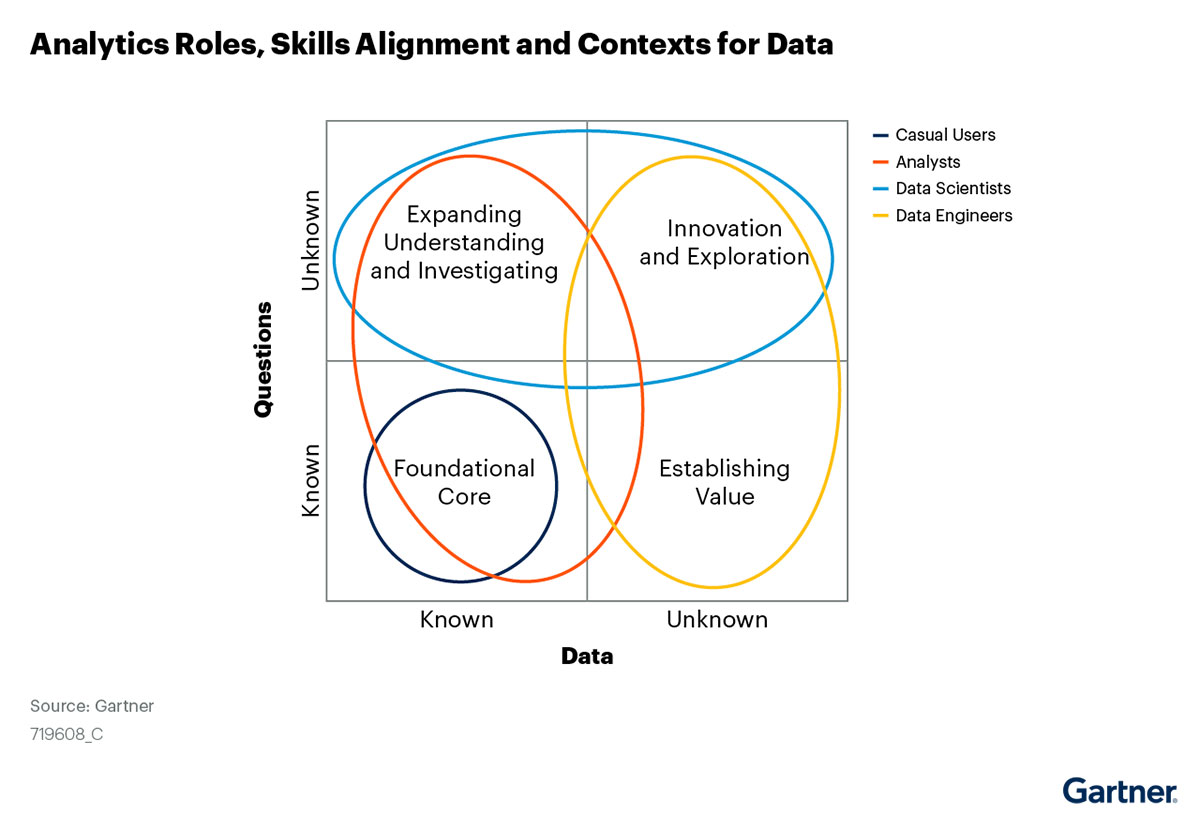Since the onset of the pandemic, businesses have been disrupted over and over again. However, this is not a new concept. These disruptions impact companies across the globe, making business more difficult. This creates urgency when dealing with inventory and sparked the need for supply chain management software. At this point, many companies are working overtime just to keep up with demands.
While these businesses may be in overdrive, there are innovative ideas that are designed to help companies efficiently bring products and services to the market. These concepts not only help organizations improve efficiency but they lead to more profit through unique processes.
As global supply chains evolve, many companies continually turn to supply chain management (SCM) software to help improve production. Keep reading to discover more about how SCM software can assist with your business operations and how a company like Orases can help.
What Is Supply Chain Management Software?
 Supply chain management software is a tool that helps with managing activities across the supply chain. It is typically used for a variety of things across the supply chain, including managing vendors, quality logistics, and distribution.
Supply chain management software is a tool that helps with managing activities across the supply chain. It is typically used for a variety of things across the supply chain, including managing vendors, quality logistics, and distribution.
Overall, this software helps businesses with gaining better insight and control over what occurs across their supply chain. This ends up improving productivity and distribution.
Supply Chain Agility
Now that you have a better understanding of what SCM software is, it is important to understand business agility. Success in business comes from being able to respond to rapidly changing conditions quickly. So when something changes, companies need to be able to react rapidly and deploy a solution.
The companies that are the most agile are those that work from top to bottom. However, the supply chain also plays a big role in overall business agility.
The Supply Chain’s Impact On Agility
The entire supply chain consists of everything from the raw materials that make up a product to the final sale of goods or services. Maintaining agility means that the supply chain must match up with business aspects. There are four key areas when it comes to improving overall agility through the supply chain:
Operations
While many assume that agility only has to do with improving efficiency, there are other aspects that make up agile business operations. When it comes to operations, operational agility means finding simple ways to produce products. This generally means producing them faster, better, and more cost-effectively. Automated software that assists with operations helps improve efficiency. This produces data and forecasts that allow companies to improve their processes to increase operations.
Inventory
Business agility also has to do with supply chain inventory. Strategies to navigate inventory environments are crucial to help improve operations. Software-based supply chain planning allows inventory to be directly controlled more accurately. This lowers costs and improves efficiency when it comes to producing and spreading inventory. Companies are also able to create strategies and ways to know when disruptions can occur. If businesses know how their inventory may be interrupted, they can better assess how to prevent the issues from occurring.
Decisions
Automating the supply chain helps with decision-making when it comes to the overall organization. Not only does this automated system help remove barriers, but it also helps advance data and algorithms. Overall, your organization can reduce disruption.
Demand
Even prior to the pandemic, many consumers were aware of their choices regarding different markets. That means businesses need to be able to sense these evolving desires — as markets change, businesses need to be able to change as well. However, many of them lacked the data to detect these changes. The data provided by supply chain management software allows companies to detect and plan for these changes in the market. It also gives them time to plan tactically for what needs to be done when the market evolves.

Specific Areas Supply Chain Agility Relies Upon
There are certain aspects that successful supply chain agility relies on. These typically include:
- An in-depth understanding of external factors that have an impact on the supply chain and business.
- Integrating proactive technology to reduce potential issues from arising.
- Value chain exploration leads to a better understanding of how the industry occurs.
- Monitoring new processes to help with efficiency and cost.

See how other organizations manage their supply chain deficiencies for greater customer retention with our guide.
Read Our Guide
Benefits Of Supply Chain Management Software
 Business agility and SCM software go hand in hand. In fact, SCM software brings a variety of benefits to each business. This generally covers agility and allows businesses to evolve quickly and effectively. Here are several benefits of supply chain management software:
Business agility and SCM software go hand in hand. In fact, SCM software brings a variety of benefits to each business. This generally covers agility and allows businesses to evolve quickly and effectively. Here are several benefits of supply chain management software:
Mitigate Risk
Several factors can pose risks to businesses. These typically include economic, environmental, political, and technological factors. All of these can directly affect the supply chain. If companies can monitor the risks posed to them, they can help prevent these issues from occurring. SCM software gives businesses a plan to help avoid these issues.
Greater Agility
Being able to see the supply chain operations that are occurring is incredibly beneficial for businesses. It allows them to access data and react quickly to any potential issues that may arise. SCM software gives companies the ability to see the problems that could arise.
Increased Compliance
The supply chain has various activities which have to be navigated by businesses. There are several aspects of compliance that your organization must follow to continue processing items and services. For example, certain raw materials must be able to meet specifications. Your company may also need to meet certain sustainability standards. Shipping internationally means meeting certain customs requirements.
SCM software gives businesses the ability to manage this compliance. If they can manage compliance, then they will stay compliant and run into fewer issues. IT will also help reduce human errors that can occur, which may damage the brand’s reputation in time.
Visibility
 To understand the supply chain as a whole and maintain compliance, it is important to know what is happening at each point in the supply chain. SCM software gives businesses this crucial aspect of supply chain management. In fact, it provides a central view of the entire process from the beginning to the end.
To understand the supply chain as a whole and maintain compliance, it is important to know what is happening at each point in the supply chain. SCM software gives businesses this crucial aspect of supply chain management. In fact, it provides a central view of the entire process from the beginning to the end.
Transparency, when it comes to each aspect of the supply chain, is key. Not only does this help improve data, but it opens up opportunities for collaboration and economic opportunities with a variety of distributors, suppliers, and retailers as well.
Increasing Efficiency
When it comes to time, shorter periods are key. While businesses want to produce high-quality items and services, it is still important to do it expediently. Supply chains can cost organizations time and money if they are not as efficient as they could be. SCM software gives companies data that can help them improve overall systems and increase efficiency.
Analytics
There are several unique processes across the supply chain. Each aspect produces unique data sets on certain materials, cost, efficiency, timeframes, delivery, sales, and more. SCM software gives real-time feedback and data, which can help organizations manage and monitor certain processes. In turn, this helps companies increase operations and efficiency, leading to happier customers.
Cost Reduction
Everyone would want costs lowered on all things. Having things be more affordable is key. When it comes to the supply chain, lower costs can help the business improve overall and find success. Supply chain management tools help minimize costs across the board. They do so by reducing overheads and improving quality control. It also helps keep track of payments made to ensure the business sticks to its business plan.
Better Collaboration
Information is key for companies, and that means collaboration is crucial. Communication and collaboration are key, whether with vendors, employers, or other companies. Software solutions pertaining to the supply chain help groups collaborate. In return, fewer mistakes will be made, leading to increased efficiency.
Dimensions Of An Agile Supply Chain
 There are five key factors to focus on when it comes to staying competitive with your supply chain:
There are five key factors to focus on when it comes to staying competitive with your supply chain:
- Being Aware: Companies that are alert can help forecast changes that may occur. These changes may disrupt the flow, meaning it is important to be able to tell when they may occur.
- Accessibility: Organizations and businesses need tools and information to make changes. SCM technology supplies them with what they need to spot certain patterns and trends.
- Being Decisive: Businesses that are decisive tend to work quickly on implementation. This is key when it comes to SCM technology because the system may alert you to issues that can arise. To prevent them, being proactive is important.
- Swiftness: Companies that can quickly implement plans tend to be more successful, meaning any changes that need to be made should be done in a timely manner. When feedback from the SCM software data is provided, your business should make changes as soon as possible.
- Being Flexible: Agile organizations can adapt to new circumstances and opportunities. They can do so without disrupting the rest of the business. This, alongside SCM technology, is key when it comes to improving quickly and efficiently.
How To Improve Your Operations With SCM Software Solutions
If you are a business that is looking for supply chain management solutions, look no further. There are plenty of options out there for you, and one of the best options comes from Orases. They offer a diverse array of software and services designed to help your organization grow and thrive. Reach out today for a consultation to see if they’re the right partner for your business.





